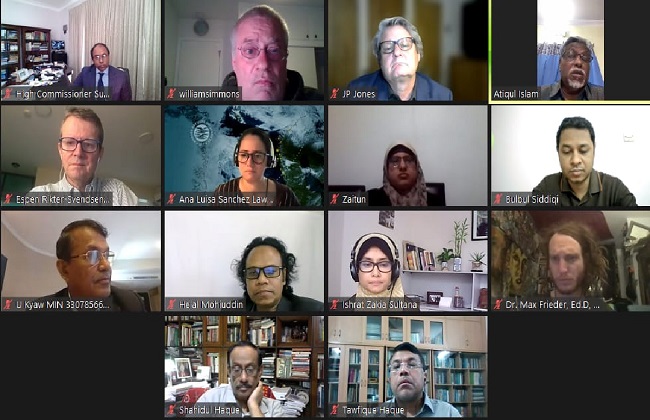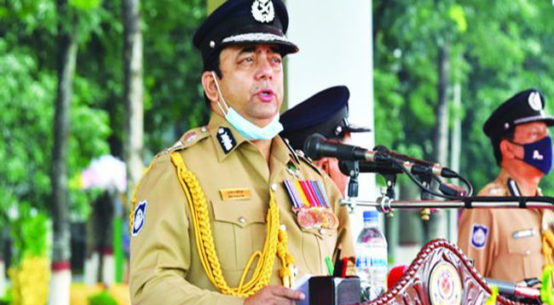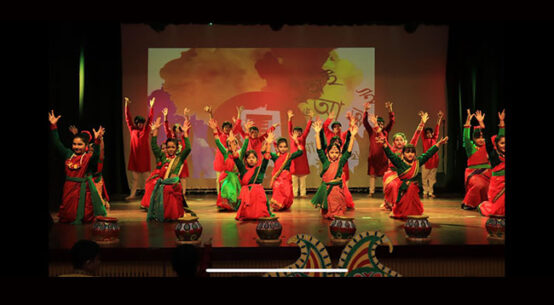
Norwegian Ambassador to Bangladesh Espen Rikter-Svendsen has said Norway will always stand beside Bangladesh over the resolution of the Rohingya crisis.
Ambassador Espen expressed how the challenges are getting more complex for the host nation and the humanitarian actors to help the Rohingya people.
He was addressing a function marking the opening of a certificate course on the Rohingya crisis held on Saturday.
The Ambassador encouraged the participants of the course to explore new ideas that can help solve this complex issue.
The course has jointly been organised by the Center for Peace Studies (CPS) of the South Asian Institute of Policy and Governance (SIPG) at North South University (NSU) and the Human Rights Practice Programme at the University of Arizona.
Although it is a 12-week virtual course, a physical field trip to the Rohingya camps in Cox’s Bazar is included in the exercise.
NSU Vice-Chancellor Prof Atiqul Islam, Prof John Paul Jones III, Dean, College of Social and Behavioral Sciences of the University of Arizona, and Prof Sk Tawfique Haque, Director, SIPG and CPS of NSU, Ambassador Sufiur Rahman from Australia and former Ambassador Shahidul Haque, Professorial Fellow of NSU joined the event.
Prof Tawfique Haque said this course aims to discuss the dynamics of the national, bilateral, regional and global politics and policies, including economic and security issues related to the Rohingya crisis.
Prof Jones mentioned that it is an honour for him to do a partnership with the NSU and he hopes together through the multifaceted topics of this course, both the participants and the resource persons can learn more about this crisis and find resolutions.
He commended the people of Bangladesh for all the humanitarian assistance to the displaced people.
Vice-Chancellor Atiqul Islam mentioned the various challenges like language barrier to education, cultural and psychological factors, should be considered while planning any short or long-term plans for the displaced community.
He said the course is important for the people who are engaged, concerned, and related to the issues and hopes that, in the future, if necessary, this course can be upgraded to a diploma degree or even a master’s degree.
A total of 38 participants with diverse backgrounds joined from eight countries, including Bangladesh.


